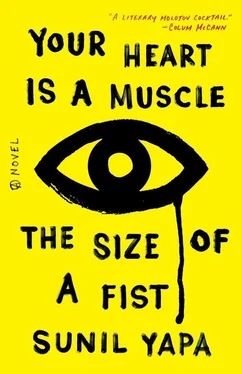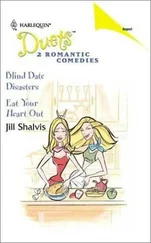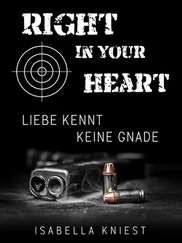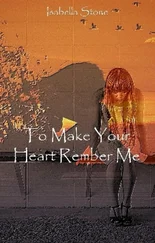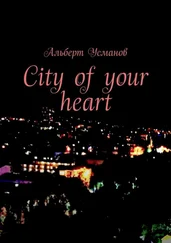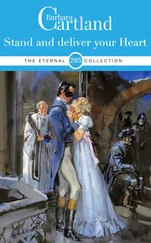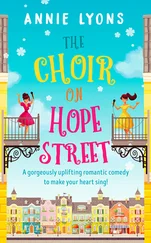“Look,” the Chief said, baring his teeth in something between a grimace and a smile, “either clear it yourself, or we will do it for you. You seem like nice enough folks, but there are larger forces at work here. We will bring those delegates through.”
King — for once she had nothing to say. How could that have gone so wrong so quickly? And where the fuck was John Henry?
“Don’t make me hurt you people,” the Chief said. “I don’t want that. Don’t make me do it. This is my city. And I’m telling you we will bring those delegates safely through. They will make the convention center and they will have their meetings. The thing to understand is this is my city, not yours. Clear those intersections.”
He nodded as if they had agreed on something and gathered the reins to walk the horse back through his line of officers.
“I’ll give you fifteen minutes to get it done. Then we’re coming through.”
She stared dumbly at his retreating form. The horse’s rump swung past and she took two blind steps to be clear of its hooves. She stumbled over something, almost ready to believe the lunatic cop with the fucked-up face hadn’t really left, but had circled back and was now ready to give King the punishment she deserved. She looked down and discovered it was just the kid’s backpack.
King blinked. She had forgotten completely about the kid. The young black guy with two braids and a red bandanna that she had decided on the spot she liked so much. And where the fuck was he? She looked up. He was halfway back to the crowd. Moving fast. Had he hidden behind the horse?
“Kid!” she called out. “Hey wait up. Your backpack!”
Which is when it hit her. The stinky reek of weed.
Later in the day, a rumor would circulate about a lone protester who locked himself to the door of the East Precinct of the Seattle Police Department. He was a radical in his seventies, old-man-skinny with wild white hair, the kind of guy that used whatever he had on hand at home, in this case a U-shaped bicycle lock. He slid the U around his neck, then ran the bar through the handles of the double doors and locked it tight. He leaned his head against the doors, wispy hair pressed against the glass, and then he dropped the key down the front of his pants, and grinned deeply at the cops from his wrinkles, as if to say, Now what?
John Henry could vouch for the rumor because he was there and he watched it happen, and it looked like the old guy hadn’t seen this much fun since Chicago ’68. John Henry admired his courage, the man’s earnest recklessness, but as brave as it might have been, it accomplished nothing. The police knocked the old guy in the legs with their batons. They beat him repeatedly about the shoulders and arms. They leaned down and slapped him in the face until finally, cursing, crying out in pain, he agreed to unlock himself.
In the end, the old man slowed traffic entering and exiting the police station for less than fifteen minutes. John Henry saw one kid with a digital handheld recorder, but he asked himself what would the kid do with it? Who would ever see it and what did it mean? It was a forgotten second of history, one more story among a thousand such stories today. The man reached into his saggy underwear, sobbing and swearing, and unlocked himself. The world went on its way.
John Henry knew this one-man action meant nearly nothing, but in his heart, he thought that it was beautiful in its way. In a single act, the distillation of fifty years of American protest.
You sit at the counter. You order a cheese and mayo sandwich.
They say, “We don’t serve niggers here.”
You look them in the eye anyway.
Maybe they look away.
You sit at the counter and wait for the malted milk that isn’t going to come. Your ass occupies the seat. Your ass controls the territory of the plastic spinning seat as you wait for your cherry soda or your BLT or some white boy’s grinning fist.
And fifty, a hundred, five hundred of your friends waiting behind you, waiting just beyond the frosted glass doors, five hundred strong souls just waiting to take your place.
That was the old man’s mistake. The thing he had forgotten. You don’t do it alone.
John Henry wished he had known about the gutted warehouse at 420 Denny Way. The old man. The white-haired radical. They would have helped him, trained him, joined him, and loved him and fought for him, wild as feral cats. The warehouse with its cathedral ceilings and dusty high windows which was church and workshop and meeting hall — their point of convergence, where all their forces came together in a humming disjointed harmony. It was a square squat building with high walls and a paint-splattered concrete floor where they did their work — voices calling back and forth, echoing beneath the high ceiling like voices in a stone vault, young people shuttling back and forth, building and laughing, full of the high energy of community and purpose.
It was there in the burnt-out warehouse that they built their giant puppets. Caricatures of heads of state. Devils and villains and sharp-horned tricksters. It was there among those concrete walls in the dust-laden light from the high windows that they handcuffed each other and laughed, learned the meaning of civil disobedience, learned how to nonviolently accept arrest. There where they discovered the true nature of struggle. How to do it together. How to coordinate a direct action. There where they learned that courage is not the ability to face your fear, heroically, once, but is the strength to do it day after day. Night after night. Faith without end. Love without border.
It was here, too, where they first spoke the names that would carry them through the fire. Where they first felt the stories issuing forth from their lips. Where they gathered to build the family that would survive.
When he had first looked at the maps, some six months ago, he almost didn’t believe it — the geography of the city was an ally they had never expected. Any other city and it would probably have been just a protest. But here in downtown Seattle, thirteen intersections formed a triangle around the convention center. The center where the World Trade Organization planned to hold their auction of the Third World. The World Trade Organization whose opening ceremonies began, John Henry checked his watch, in three hours.
Shut down those intersections and you would own the city.
A chokehold that would trap the delegates and the diplomats and the experts in their fancy hotels eating smoked salmon and Brie or whatever it is they do when they are not busy buying and selling things they have no right on earth to claim as their own.
These veterans of the anti-nuclear demonstrations of the 1980s. Tree-sits in the high Sierra and on the Redwood Coast. Who had arrest sheets that read like a timeline of American protests: Seabrook, Rocky Flats, the Nevada Test Site, who trained for months on a farm in Arlington rented by none other than himself. My people. He was lit up. They had been fighting corporate Goliaths for so long their tactics had become streamlined and beautiful and efficient.
The first wave, they lock themselves together — a lockdown at the center of each of those thirteen intersections. They would be the immovable core of the block. Surrounding them and protecting them was the second wave — standing groups to clog the streets, a buffer of faces and voices and flesh to stand between the locked-down bodies and the cops.
Surround that with a street party — the flags and the trumpets and the beating drums — and let the cops just try to figure out what was going on, let alone clear the streets.
Lockdown. Each person sat cross-legged on the pavement with both arms locked into PVC pipe, each arm locked from the inside with a chain to the person on either side. Only the person locked down could release the chain.
Читать дальше
